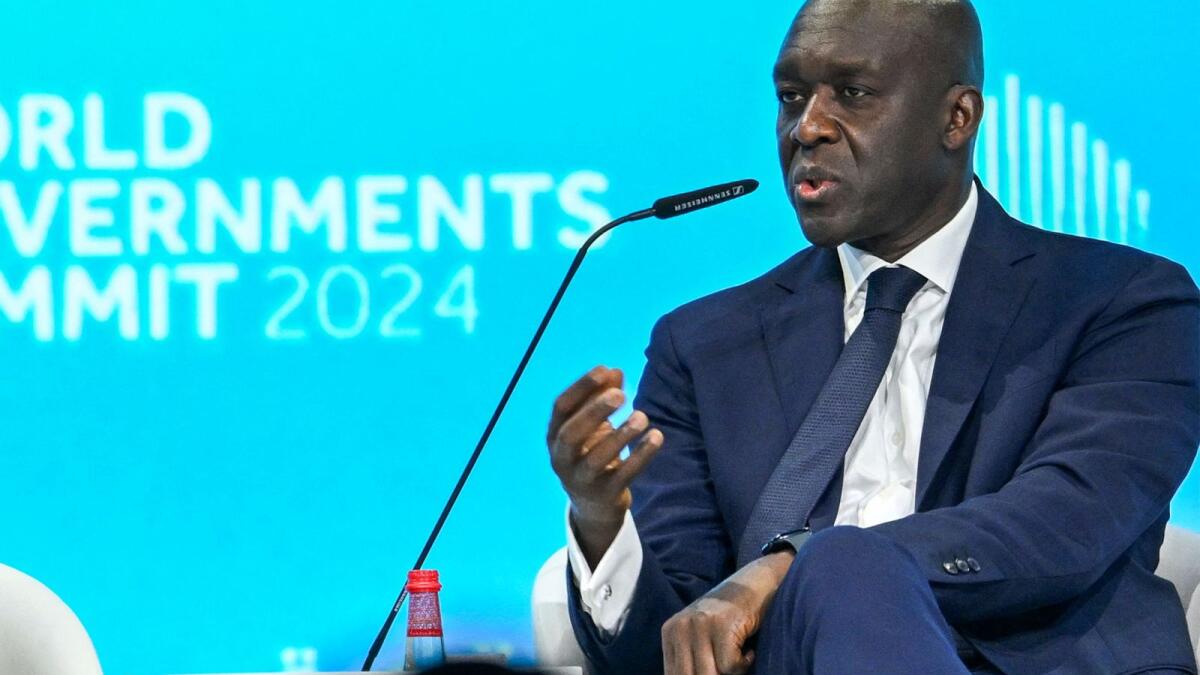The International Finance Corporation (IFC) had a record $56 billion in investments in the financial year ending in June, with commitments rising by 28% year-on-year. This growth was driven by internal reforms and streamlining processes initiated by World Bank President Ajay Banga. The IFC’s investments aim to spur growth and reduce poverty in developing countries. Decision-making has been decentralized to allow directors on the ground to take more responsibility over fund deployment.
Looking ahead to the financial year ending in June 2025, Managing Director Makhtar Diop expects another increase, aiming for a target of $62 billion. The focus will be on infrastructure projects, especially in roads and transportation, and working with municipalities to develop public private partnerships for schools, health services, and greener cities. Diop plans to increase equity investments and shift away from traditional loans and bonds. However, the IFC must consider the risk involved in equity investments and its AAA rating.
Diop aims to prepare companies for listing on domestic stock markets by investing in their equity and eventually exiting when they are listed. This strategy will help companies become more financially stable and accessible to the public markets. The IFC’s focus on infrastructure and equity investments aligns with its goal of fostering growth in developing countries and reducing poverty. By working closely with municipalities, the IFC can have a significant impact on local communities and environments.
The IFC’s commitment to increasing investments in infrastructure and equity reflects its dedication to supporting sustainable development and economic growth in developing countries. By streamlining processes and decentralizing decision-making, the IFC can efficiently deploy funds where they are needed most. Through public private partnerships and equity investments, the IFC can create long-term sustainable solutions for critical infrastructure needs and help companies grow and expand into public markets.
Diop’s vision for the IFC’s future involves expanding equity investments and preparing companies for listing on domestic stock markets. This strategy will not only help companies grow and access capital but also provide a pathway for the IFC to exit investments once they are listed. By fostering a business-friendly environment and supporting companies in their growth, the IFC can have a lasting impact on the economic development of developing countries. With a focus on infrastructure and equity investments, the IFC continues to play a crucial role in promoting sustainable development and reducing poverty worldwide.











